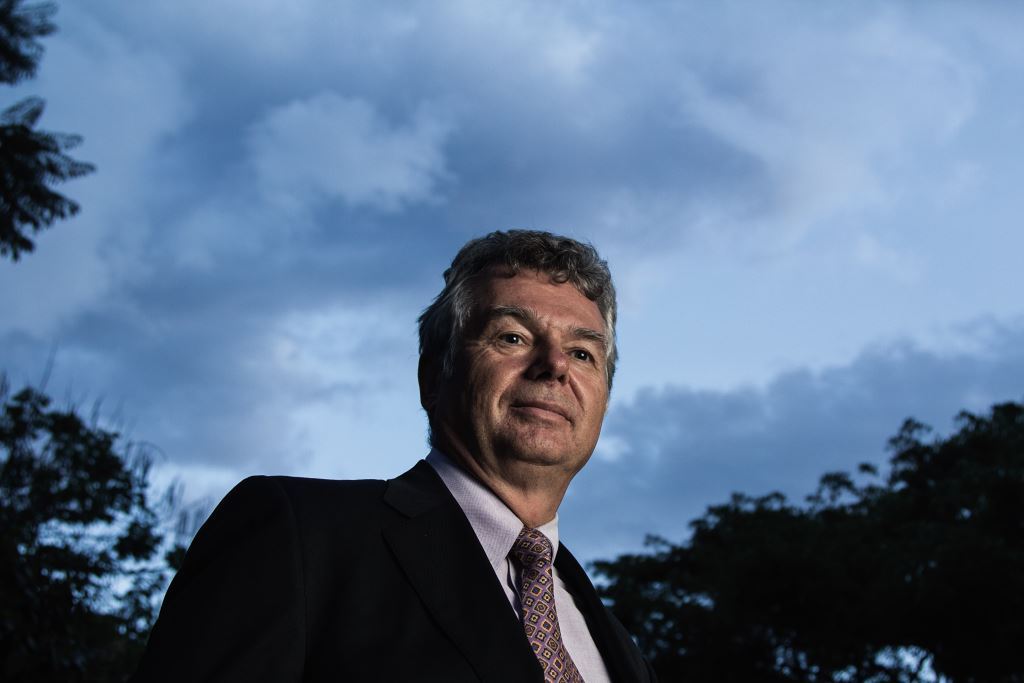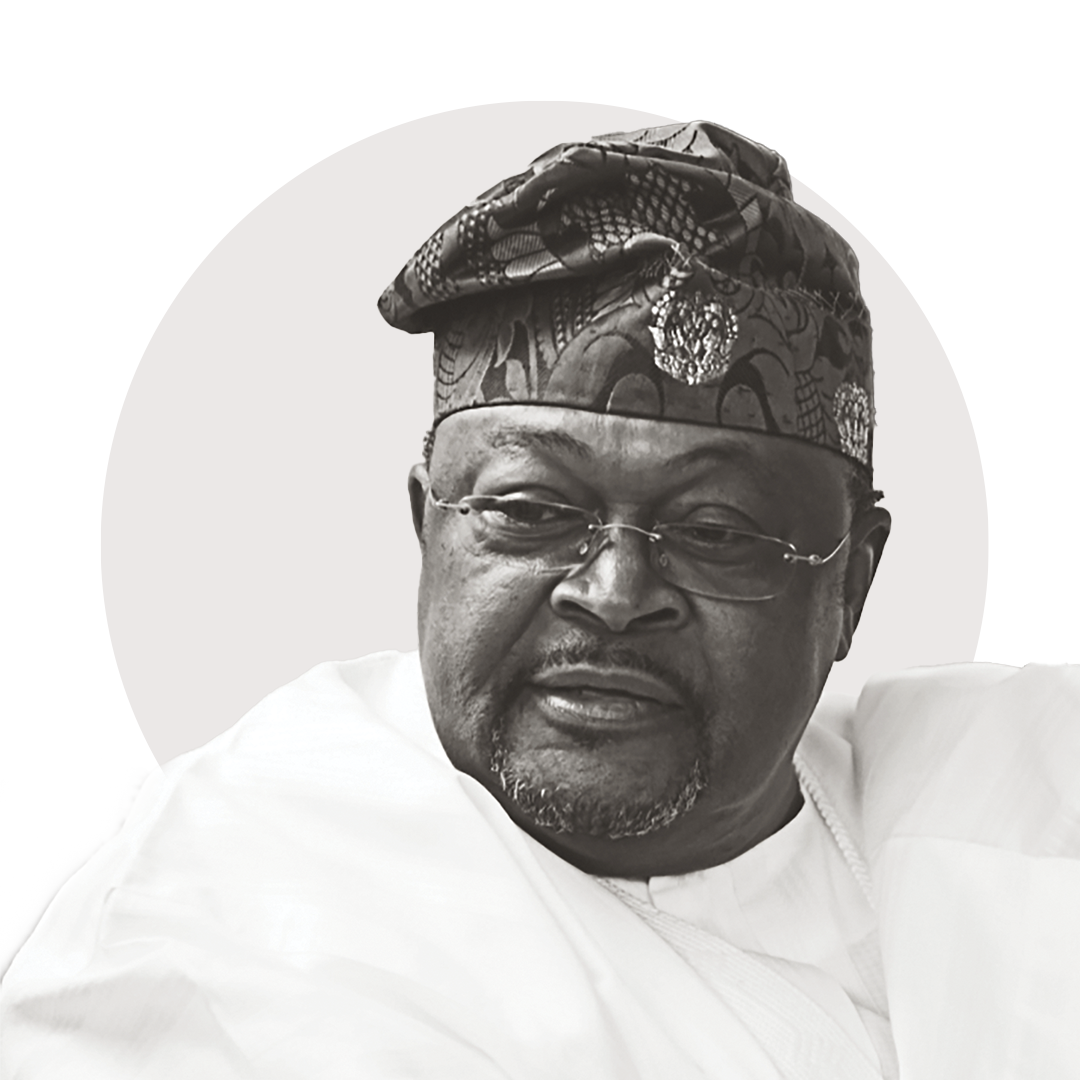In his heavy French accent, a six-foot-tall businessman addresses a group of entrepreneurs.
“Do your ideas have conviction? Are they feasible? Eighty to ninety percent of ideas usually aren’t. You need to transform your vision and ideas into conviction for yourself then you can convince customers, financiers and the world,” he says.
It seems like the ordinary talk given by a seasoned executive to young ducklings in the world of entrepreneurship, but encountering Charles Sirois on this warm Nairobi evening is no ordinary experience. With his boisterous personality, this 58-year-old Canadian businessman, best known in the global telecom industry, is on a mission to grow entrepreneurs across the developing world. His first footprints across the African continent were through the Enablis Network, which he founded in 2004.
“I am fascinated by entrepreneurship and technology. Technology without an entrepreneur goes nowhere because it’s just a field of dreams. I have seen so many technologies that sit on the shelves because no entrepreneur ran with them to make them a reality. Entrepreneurs are able to transform an idea, a concept, and technology to an enterprise thereby creating a tremendous amount of wealth,” he says.
Sirois has indeed created wealth he began a paging business, in 1984, in a small, remote town in North Canada with eight employees and $150,000 in revenue annually. By 2001, his business, Teleglobe, had 16,000 employees in 52 countries.
Loading...
Conviction in his ideas seems to drive his business. In 1990, Sirois had the idea that cellular would be the best communication network in emerging countries because building poles and hoisting cables would be difficult.
“I was sure they would go straight to wireless systems but everyone said I was crazy. As a result, I was the first foreigner to build telecom systems in China, Brazil, India, Czech Republic, Romania and several others. This was before Vodafone’s exploits. Again, I was the first person to adopt the GSM standard for mobile phones in North America, when everyone was on CDMA and quickly got involved in the development of satellites and undersea cables,” he says.
He made a famous $2 billion mistake and when FORBES AFRICA asks him whether this was one of conviction too, he laughs.
“I was so convinced of that idea that I didn’t listen to people around me. I believe in conviction but at times, one needs to take a break. I was wrong and it was painful,” he says.
The mistake was that he bought a company called Excel that had a sales force of one million people. He was interested in the retail business and thought it would be good to use an already existing multilevel marketing force to sell internet services globally.
“The operational risk was too high and I was slow to react. I made the mistake of not understanding that a concept can be right but complex. Managing one million sales people daily is complex. The pack of cards crumbled and we had to do a $2 billion write down. As the largest shareholder of Teleglobe, my balance sheet took a hit, coupled with the internet burst, even though we managed to sell off Teleglobe, including Excel, for $10 billion,” he says.
In 2003, having sold all his telecom businesses, he created a family equity corporation, Telesystems, that backs technology entrepreneurs.
“I firmly believe in technology and entrepreneurship so we have minority and major stakes in 20 enterprises. We hope that many of them will become global enterprises,” he says.
His convictions once again led him to present the idea of Enablis at the 2002 G8 Summit, in Canada. His task had been to find a new way to alleviate poverty in emerging countries. His idea was to have an organization that identifies and develops people with the entrepreneurship drive to increase their contributions. He says that job creation through entrepreneurs rather than governments is the best solution.
“Create a person whose nature is to create jobs first for themselves then for others; then develop the job creator and sustainable wealth comes about,” he says.
The G8 countries supported his theory and because he couldn’t let the idea sit on the shelf, he ran with it.
“I wanted money to build a prototype but the Canadian government said if they gave me money, I had to start in Africa. In 2004, I choose the easiest place, South Africa, and the easiest city, Cape Town. It doesn’t quite reflect the real cities of Africa but I had to start somewhere with the least resistance.”
He says that the Enablis Network develops better entrepreneurs through three pillars of identication, which is why they hold business plan competitions. Enablis develops entrepreneurs through a special recipe of networking, sharing experiences amongst peers, and capacity building through workshops, coaches and mentors. It also assists them with finance by providing endorsements and guarantees to banks so the entrepreneurs can secure loans.
“I strongly believe that a grant should never be given to an entrepreneur. They should build their business in the real world and this doesn’t include getting free money. It’s simply not how you develop a strong entrepreneur. It’s like developing an athlete—you need serious training, not a headache today or skipping training tomorrow. Provide capital by providing access,” he says.
The formula seems to be working as Enablis has grown from the five members in Cape Town to 2,600 in Rwanda, Tanzania, Kenya, South Africa, Mozambique, Ghana and, just recently, Argentina.
“My goal now is to develop Enablis across South America, to create one family of entrepreneurs, who can grow and help each other by growing better enterprises thus creating wealth. I don’t get financial rewards from this but giving back my time feels good and exciting. Each time I make a trip through the continent, I get so energized sharing ideas and experiences. They don’t have to make the same mistakes I did and can grow faster,” he says.
Sirois says that entrepreneurship is about shared experiences. He says that it saves a lot of time in business if people simply share the solutions they have found to problems. He notes that Enablis has developed mentors from Canada, who use email and Skype once a month to exchange ideas and share with African entrepreneurs.
“African start-ups face the same challenges to begin as all others in the world with one exception—their access to resources is more difficult. Africans practice extreme entrepreneurship due to the current environment, but they are succeeding. Yes, there is war, poverty, disease but there are also good politicians, talented entrepreneurs and vast opportunities,” he says.
“If I could turn back the clock to do it all over again, I would begin in Africa as an entrepreneur.”
Loading...





















